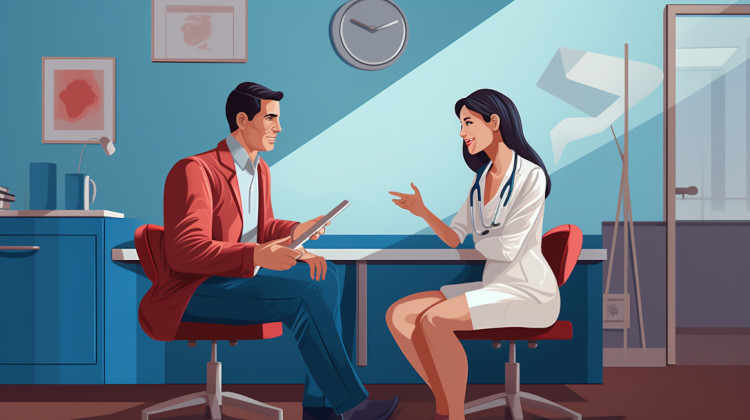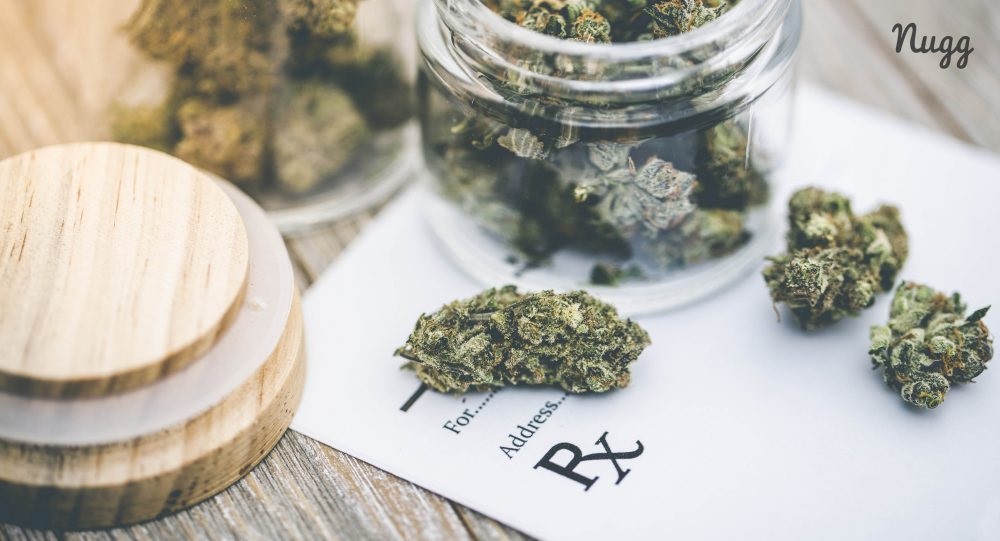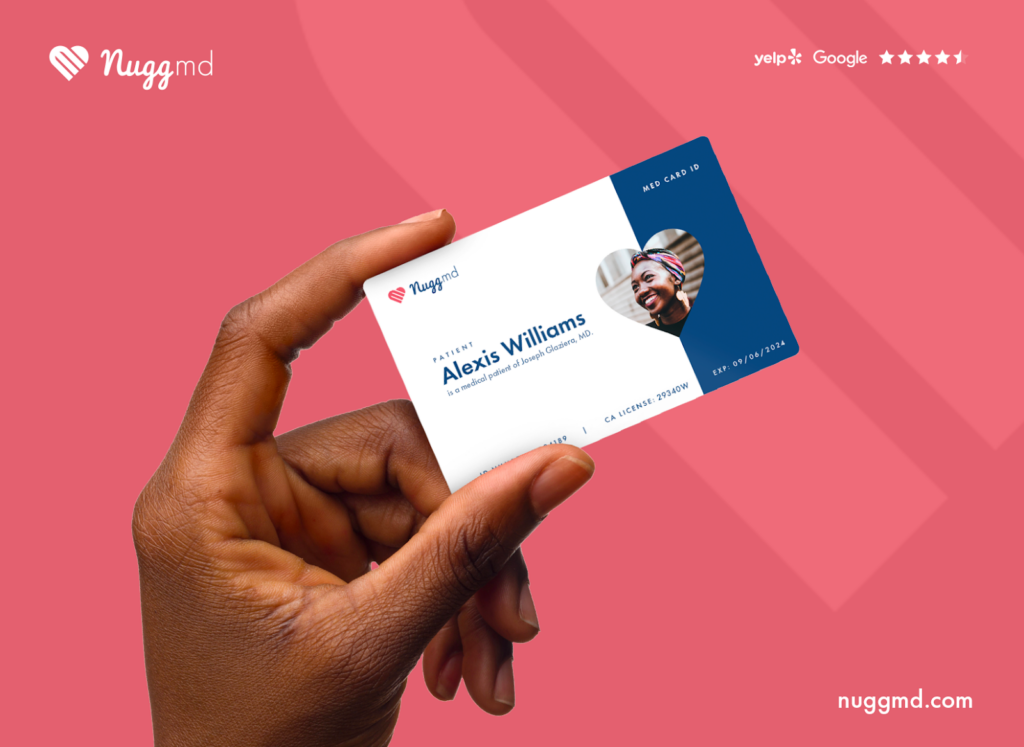
Depression is a mood disorder that’s highly prevalent in our society and can be very severe. Depressive disorder is commonly referred to as depression. It can seriously impact daily life, from basic hygiene to attending work and getting exercise.
In most cases, those with depression will struggle with motivation to complete specific tasks. Another common effect of depression is losing interest in hobbies or things that once brought enjoyment. However, these symptoms must last for two weeks and not be fleeting.
Depression is more than just feeling “sad.” Individuals with depression often feel hopeless and may even experience suicidal thoughts. Individuals should take depression very seriously, so don’t hesitate to seek help if you are experiencing symptoms.
There are a variety of different treatment options that are effective at reducing depression symptoms. Antidepressant medications are often a standard treatment route, as well as cognitive behavior therapy or other psychoanalytical approaches. Depression can present differently in everyone, so individuals should consider multiple treatment options.
There are several kinds of depressive disorders, such as major depressive disorder, postpartum depression (also known as perinatal or peripartum depression), persistent depressive disorder (dysthymia), seasonal affective disorder (SAD), and even bipolar disorder.
What Causes Depression?
There are a variety of causes and risk factors that can trigger depression. Biochemistry is one of the most commonly known reasons, but research also points to nerve cell connections, growth, and the functioning of nerve circuits as impacting depression. Individuals with chemical imbalances can experience depression and typically take medication to manage their symptoms.
Another cause of depression can be genetics. Some people have a disposition toward the condition, but this doesn’t necessarily mean they’re guaranteed to develop it.
There isn’t one known cause of depression; instead, various factors, such as addiction and genetics, can increase someone’s chances of a diagnosis.
Depression Signs & Symptoms
In order to receive a diagnosis of a depressive disorder, symptoms must be present for at least two weeks. Depression can look different in everyone. However, there are some common symptoms to be aware of.
Some symptoms include:
- Changes in appetite,
- Changes in sleeping patterns,
- Depressed mood,
- Diminished concentration,
- Fatigue,
- Feelings of worthlessness,
- Loss of enjoyment,
- Recurrent negative thoughts,
- Thoughts of death or suicide.
If you are experiencing symptoms, contact your doctor or a mental health professional. Many treatment options are available, and talking about what you’re going through can be an excellent first step toward getting support.
Can Cannabis Help Alleviate Symptoms of Depression?

For some people, traditional depression treatments don’t provide the level of support they’re looking for.1 Since cannabis legalization has expanded people’s access to its products, many wonder if it’s an appropriate treatment for their mental health.
Cannabis use for depression is a treatment option that has been studied; however, much more research is still needed.
One study found that short-term cannabis use did lead to a decrease in depressive symptoms. It did not show that side effects varied between participants, but it did note that THC was more effective at treating symptoms than CBD.2
Another study noted that cannabis use did not predict depression at the three-year follow-up. However, this study acknowledged that confounding variables like using other drugs made it difficult to interpret the results.3 This is the case for many studies, as it can be hard to rule out the effects of various variables (such as family life) in order to isolate the impact of cannabis use.
Some scholars believe that there is an association between cannabis and depression. Because of the mood changes that depression results in, some believe that depression leads to higher rates of cannabis use.4
It isn’t possible to make definitive statements about correlations between depression and cannabis. Currently, many believe that cannabis may be an effective treatment for depression. However, more studies need to be done considering multiple variables.
Legality and Doctor’s Recommendation
To determine if your state considers depression to be a qualifying condition for medical marijuana, check out our Laws & Regulations section for the medical cannabis rules for your state.
If you find that your state recognizes depression or its symptoms as a qualifying medical condition, you can seek a doctor’s recommendation to get your medical cannabis card in your state.
How NuggMD Can Help

NuggMD is the nation's leading medical marijuana technology platform, serving patients in 23 states and growing. We’ve connected over 1,000,000 patients with their new medical marijuana doctors face-to-face via our state-of-the-art telemedicine platform.
We believe that every human being has the right to explore the benefits of medical cannabis and are fully committed to helping each patient explore all of their options in their journey to wellness. For further information on whether you qualify for medical cannabis, select your state.
Resources
- Voineskos D, Daskalakis ZJ, Blumberger DM. Management of Treatment-Resistant Depression: Challenges and Strategies. Neuropsychiatr Dis Treat. 2020;16:221-234. Published 2020 Jan 21. doi:10.2147/NDT.S198774 ↩︎
- Stith SS, Li X, Diviant JP, et al. The effectiveness of inhaled Cannabis flower for the treatment of agitation/irritability, anxiety, and common stress. Journal of Cannabis Research. 2020;2(1). doi:https://doi.org/10.1186/s42238-020-00051-z ↩︎
- Danielsson AK, Lundin A, Agardh E, Allebeck P, Forsell Y. Cannabis use, depression and anxiety: A 3-year prospective population-based study. Journal of Affective Disorders. 2016;193:103-108. doi:https://doi.org/10.1016/j.jad.2015.12.045 ↩︎
- Feingold D, Weinstein A. Cannabis and Depression. Cannabinoids and Neuropsychiatric Disorders. 2020;1264:67-80. doi:https://doi.org/10.1007/978-3-030-57369-0_5 ↩︎
The information in this article and any included images or charts are for educational purposes only. This information is neither a substitute for, nor does it replace, professional legal advice or medical advice, diagnosis, or treatment. If you have any concerns or questions about laws, regulations, or your health, you should always consult with an attorney, physician or other licensed professional.

